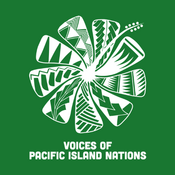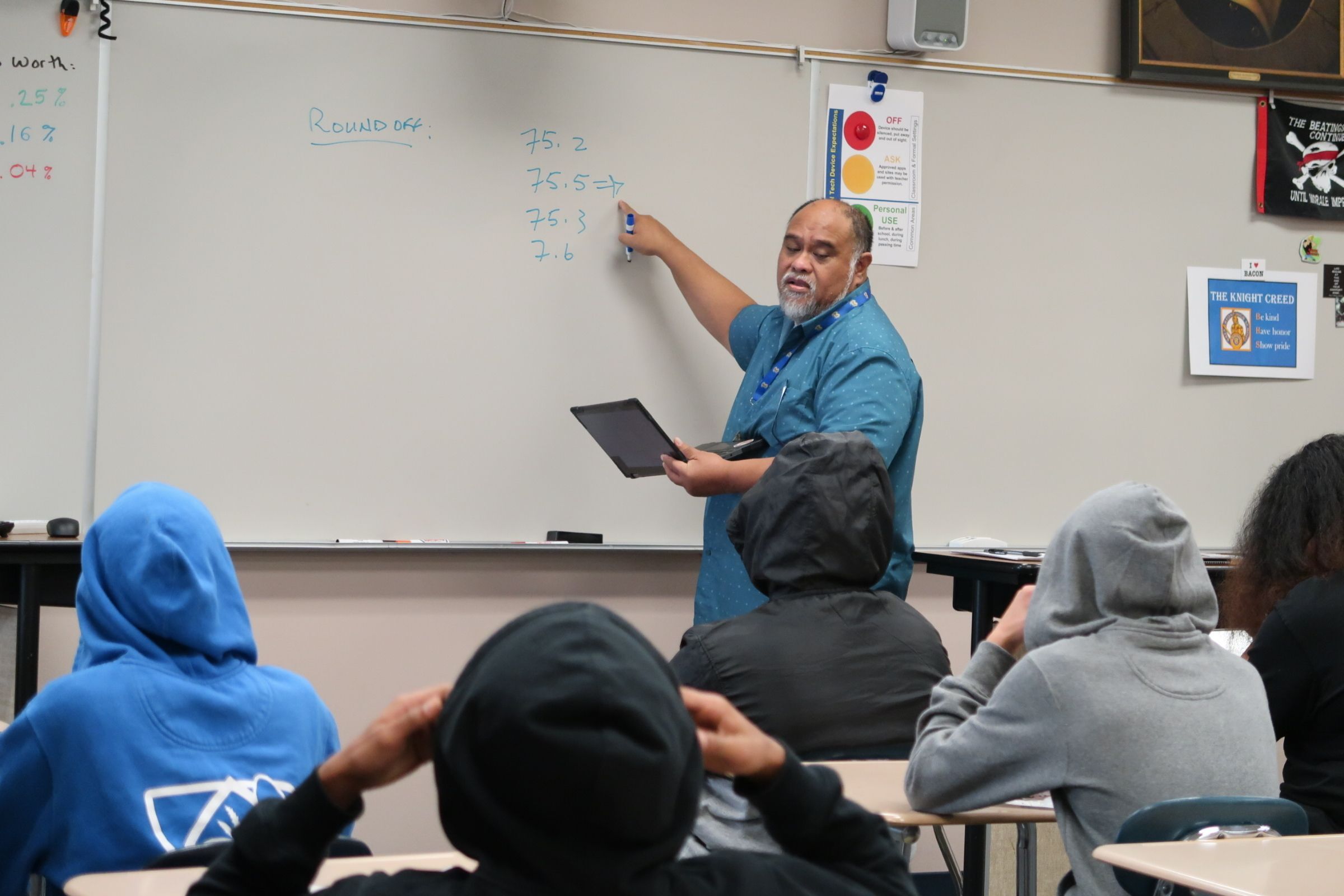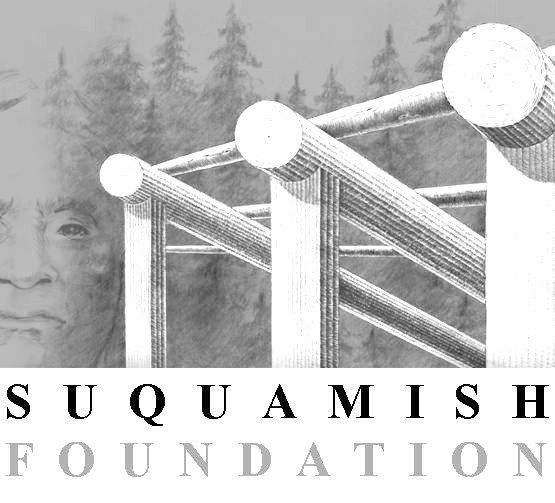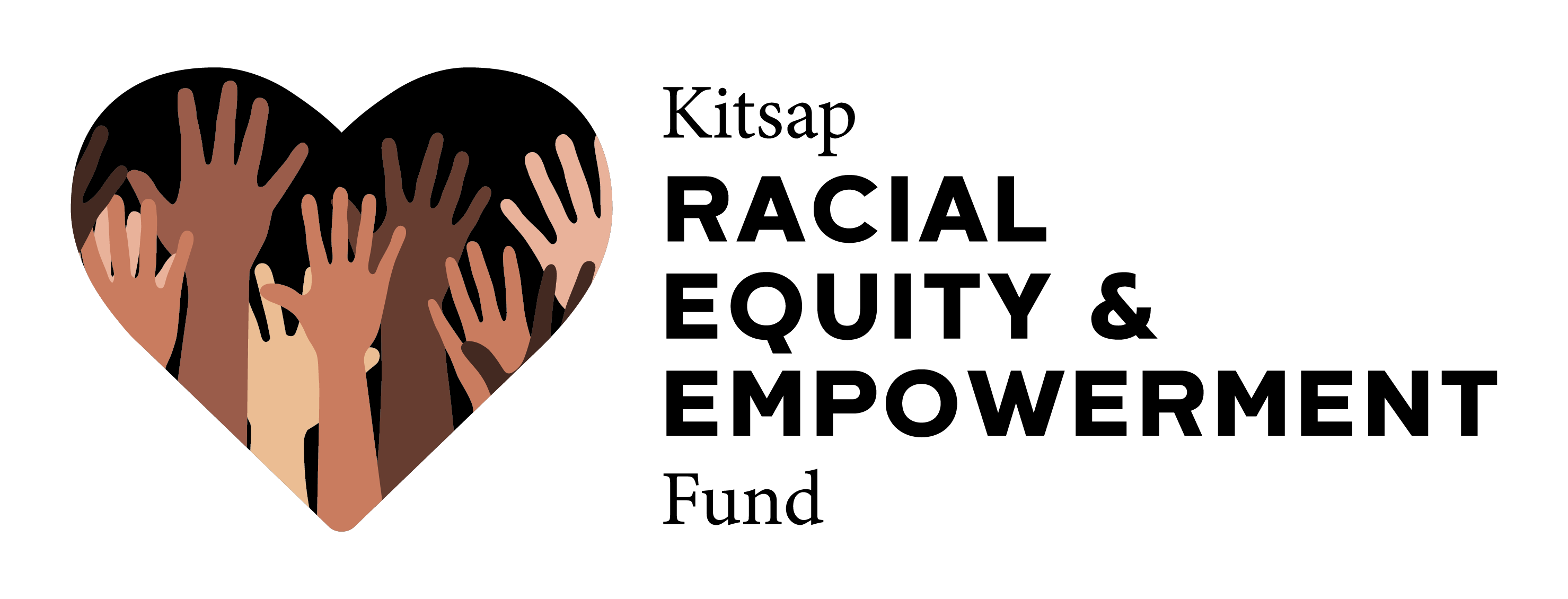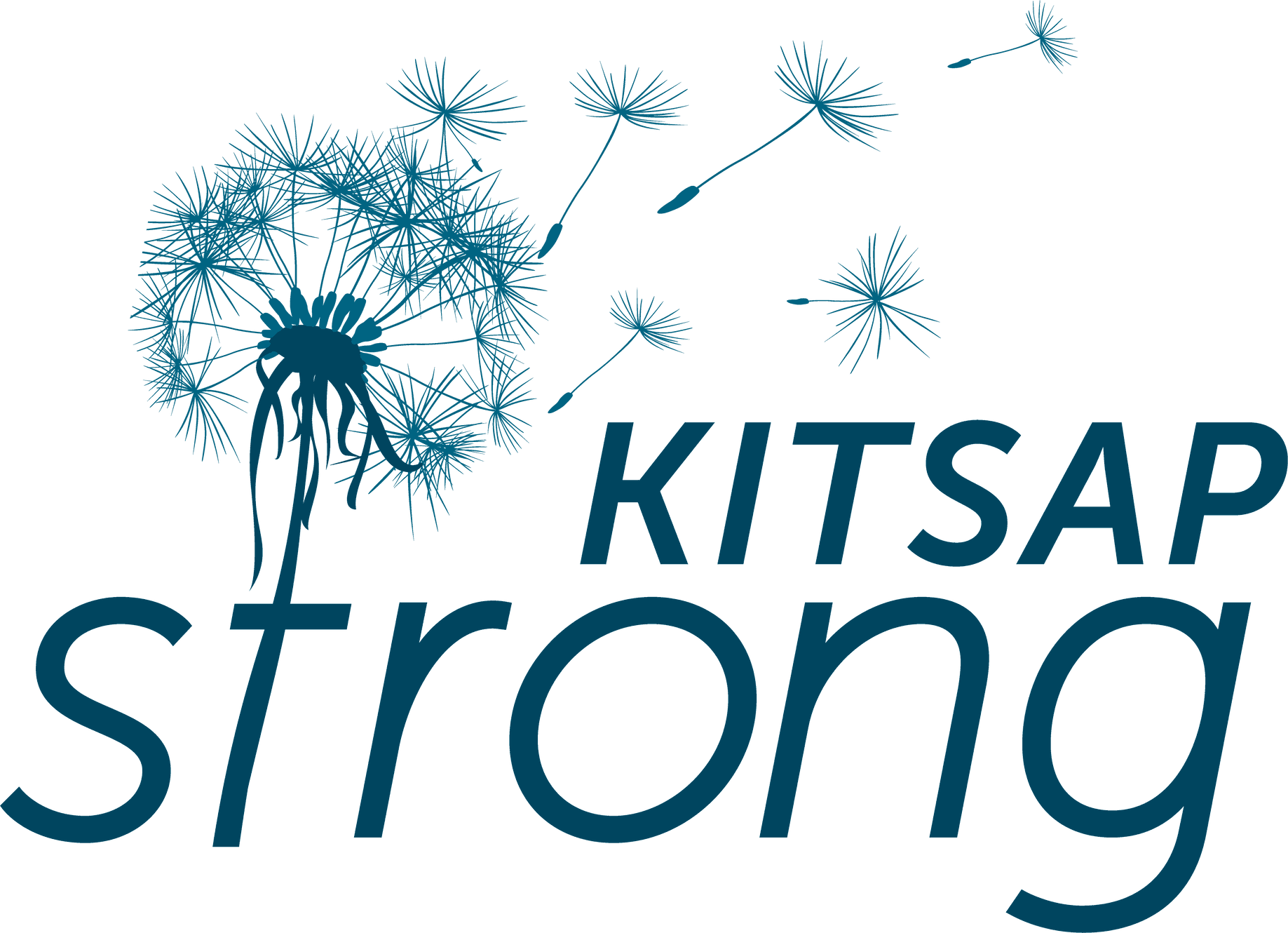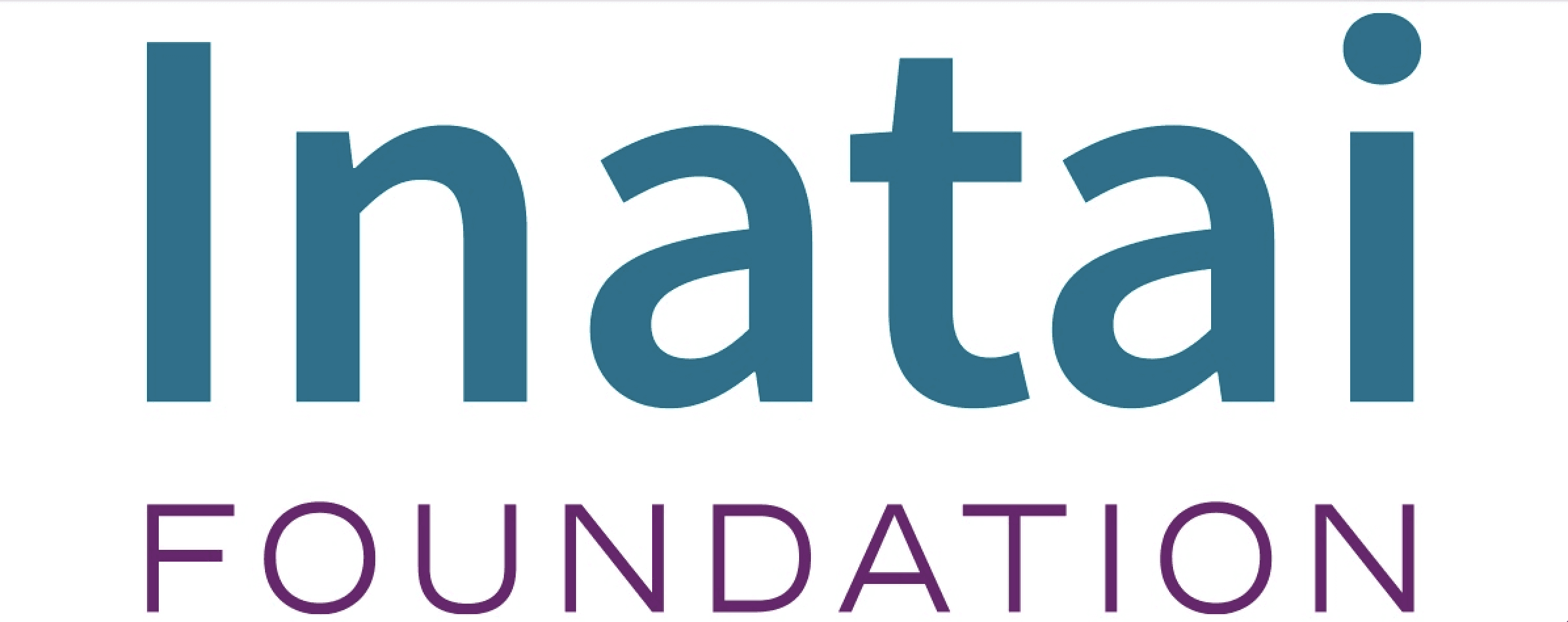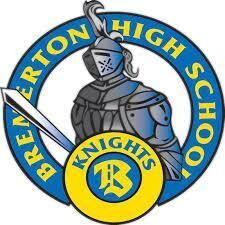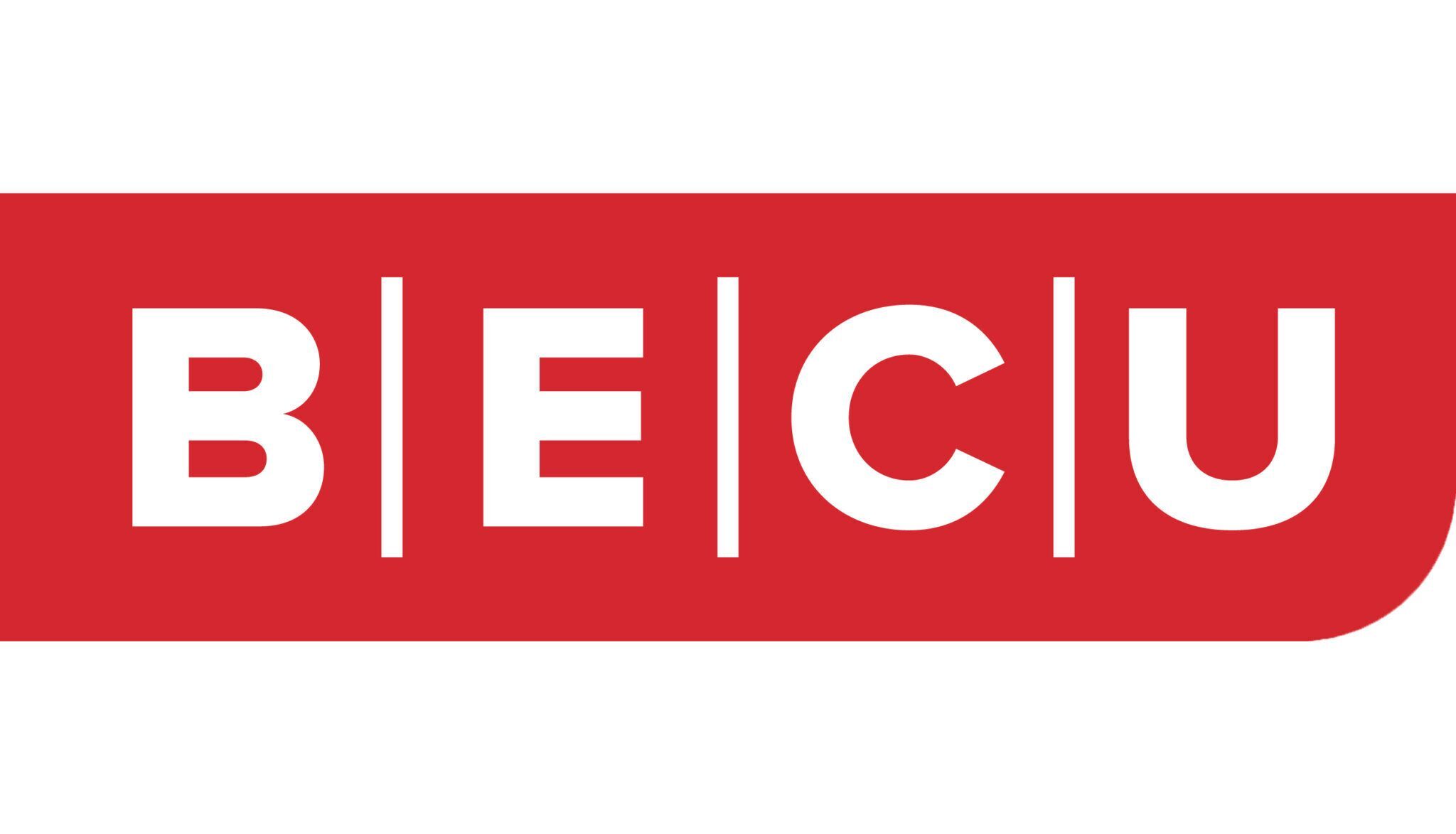Background and History
The longstanding educational disparity of Pacific Islander (PI) students is dated back as far as '70s. Pacific Islander students have lower academic achievements compared to other students of color. They are being disciplined, suspended and expelled at a disproportionate rate relative to its total student population. Most parents of first and second-generation Pacific Island (PI) families moving to the United States have trouble mastering the English language. According to the NEA (National Educational Association), language barriers in attaining services, including education and health care, is one of many challenges PI families faces. The language barrier and cultural dissimilarities makes it difficult for parents to navigate or access the necessary social-economic systems for their families.
“Out of sight, out of mind” is a cliché best describing Pacific Islanders in the political arena due to the lack of their political voice. This is especially true when examining the educational achievement of Pacific Islanders. A consequence of the “lumping together” with Asian American is that it makes invisible the unique strengths and challenges within the Pacific Islander community. Pacific Islanders have histories, cultures, and social circumstances distinct from those of Asian Americans… (Takeuchi & Hune, 2008). Given the high poverty level, low-income earnings and the lack of political representation, Pacific Islanders are underrepresented and underserved in Washington State and in the United States.
The future of our PI communities is in the hands of our younger generation. Preparing our youth and young adults for the challenges and the uncertainty of the future is fundamentally vital for our communities' future and preserving our history and heritage. Developing and teaching confidence and respectable young leaders our morals and values will establish a just society for all! VOPIN strives to provide culturally responsive services, resources, and opportunities for our students and families to thrive.
